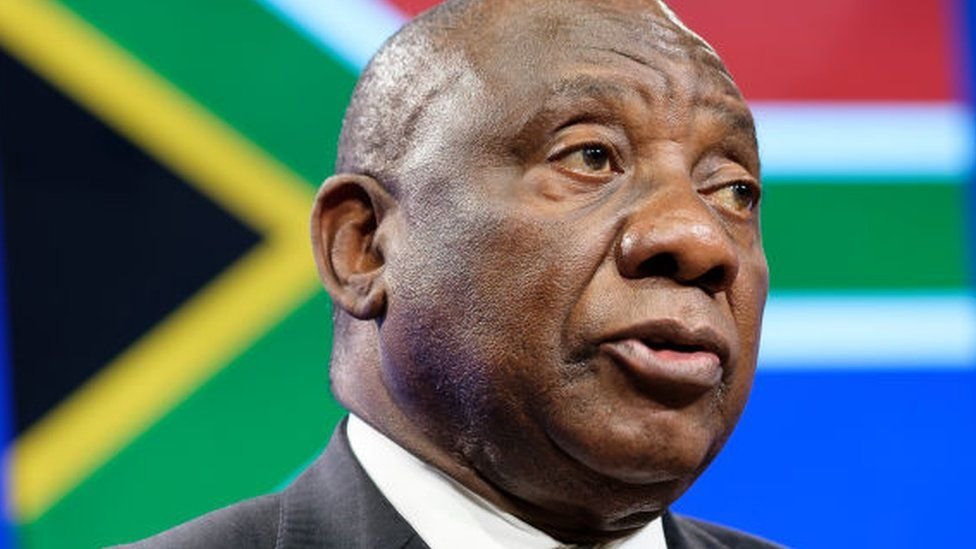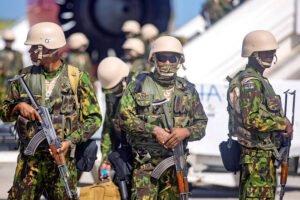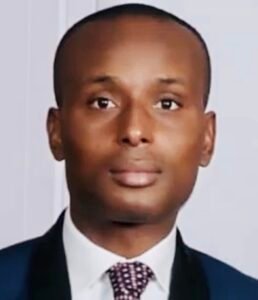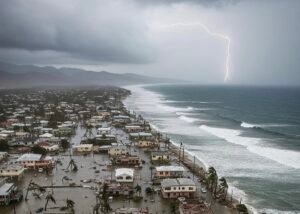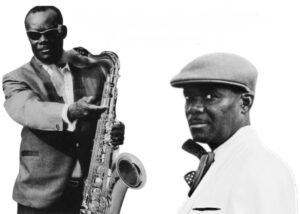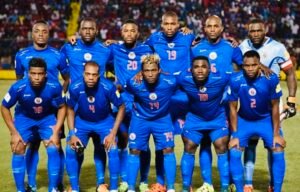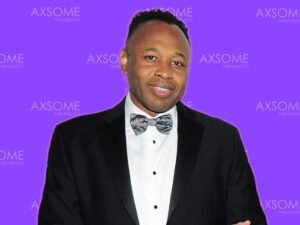South African Politics
In the wake of a sharp decline in support during last month’s national election, the African National Congress (ANC), led by Cyril Ramaphosa, entered into intense negotiations. South Africa’s political leaders have now agreed on a broad alliance to form the next government, supporting Ramaphosa’s presidential reappointment. This decision follows a surprising election result that left the nation without a majority party.
The Democratic Alliance (DA) and several smaller rivals have agreed to join a national unity government. DA leader John Steenhuisen announced this development in Cape Town on Friday. Fikile Mbalula, the ANC’s secretary-general, confirmed that these groups have agreed to cooperate in electing the president and officials in the national and provincial legislatures.
Cyril Ramaphosa is set for re-election as South Africa’s president after the DA, the country’s second-largest party, agreed to support the ANC leader in a coalition agreement. The ANC, which has been in power since 1994 after its fight against apartheid, lost its majority for the first time in last month’s election. This led to two weeks of behind-the-scenes discussions with other parties.
When the newly elected parliament convened on Friday, Steenhuisen announced that his party had formally signed a governing agreement with the ANC, which includes supporting Ramaphosa as president. “We will be supporting President Cyril Ramaphosa in his election for the president of the Republic of South Africa,” Steenhuisen stated during a break in the opening session of parliament. Lawmakers are expected to elect a president later in the day, with the ANC and DA holding most seats, ensuring the 71-year-old Ramaphosa’s return for a second term.
In the May 29 polls, the ANC secured 40 percent of the vote, followed by the DA with 21 percent. Two smaller parties, the Inkatha Freedom Party and the right-wing Patriotic Alliance, will also participate in the coalition government. ANC Secretary-General Mbalula mentioned that most of South Africa’s political parties agreed on a national unity government.
Political analyst Ayesha Kajee noted that the Economic Freedom Fighters (EFF) and other smaller parties would likely be part of the government. She pointed out the ideological differences between the DA and the ANC. “The ANC has opted not to go into a coalition with the DA, EFF, or a consortium of small parties. Instead, they’ve decided to form a national unity government, similar to the first democratically elected government in 1994,” Kajee told Al Jazeera.
This coalition government will involve multiple smaller parties, leading to negotiations over key cabinet and ministerial positions. The DA and EFF will have specific ideas about which portfolios they want, but it remains uncertain whether the ANC will relinquish these positions after holding power for so long.
The ANC faces a deadline to finalize a coalition agreement since parliament must convene and vote for the president within 14 days of the election results being declared. Friday’s parliamentary session is expected to be lengthy, with the 400-member parliament first electing a speaker and deputy speaker before voting for the president. The MK Party, led by former ANC leader and South African President Jacob Zuma, has announced a boycott of the first sitting, but this is not expected to impact the voting process as the ANC holds more than one-third of the seats required for a quorum.
South Africa has not experienced this level of political uncertainty since the ANC came to power in 1994, ending nearly a half-century of apartheid. The ANC has maintained a clear majority in parliament ever since, making presidential elections largely formalities. This will be the first time since Nelson Mandela’s presidency that a coalition government will elect the president.
Parliament will convene in an unusual setting due to a 2022 fire that damaged the National Assembly building in Cape Town. Lawmakers will decide on the next leader at a conference center near the city’s waterfront.
With the coalition deal secured, South African President Cyril Ramaphosa is set for re-election after a dramatic last-minute agreement.



